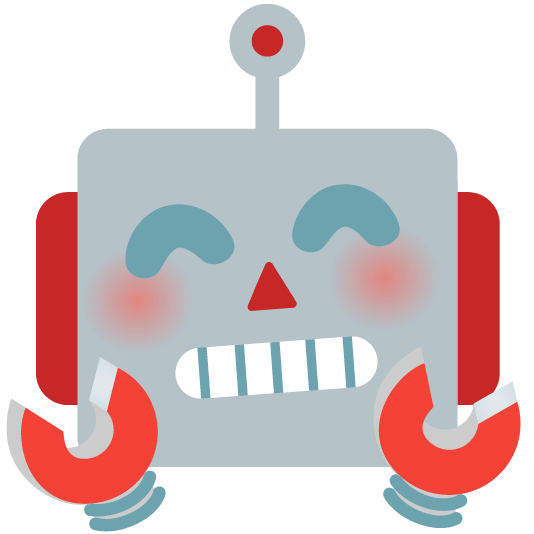Isabelle Levent
@isabellelevent
Isabelle Levent
@isabellelevent

Creativity and
Tech and Policy and

Philosophy and
We find that models learn just as fast with many prompts that are intentionally irrelevant or even pathologically misleading as they do with instructively “good” prompts. Further, such patterns hold even for models as large as 175 billion parameters (Brown et al., 2020) as well as the recently proposed instruction-tuned models which are trained on
... See moreMany methods for creating these models don't (and to be honest can't) attach the name, website and other details of every image and piece of text used to a create a new image in the metadata to every step of the process.

Tech Ethics and
User-generated content platforms were a huge source for the image data. WordPress-hosted blogs on wp.com and wordpress.com represented 819k images together, or 6.8% of all images. Other photo, art, and blogging sites included 232k images from Smugmug, 146k from Blogspot, 121k images were from Flickr, 67k images from DeviantArt, 74k from Wikimedia,
... See moreThey thought it would be particularly useful for writing in a certain voice or character, or for coming up with thematically exciting words. They wondered what kind of thesaurus would come from a corpus of nautical novels (like Moby Dick)
New art-making technologies change art in consistent ways, and studying the past helps us understand how things will change in the future.